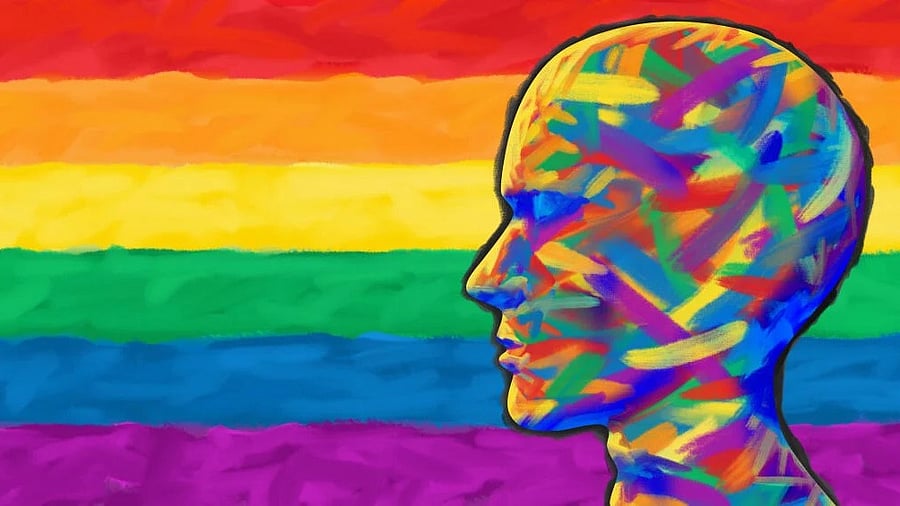
The Supreme Court in its notice referred to the Yogyakarta Principles (2006), which recognise the need to provide education to eliminate prejudicial or discriminatory attitudes or behaviours pertaining to gender identity or gender expression.
Credit: Getty Images
The Supreme Court’s recent notice on a PIL advocating transgender-inclusive sexuality education has highlighted the need to make education more gender-sensitive and inclusive. The transgender community faces social stigma and exclusion in all aspects of life: social, economic, and political. Therefore, a school curriculum which includes transgender issues can help raise awareness, and, thereby, enable their integration in society.
This apex court’s landmark judgment in the National Legal Services Authority v Union of India in 2014 recognised the rights of transgender persons in India to a ‘self-identified gender’, asserting their equality and prohibiting all forms of discrimination against them. The court issued directions to the Union government to ‘take steps to create public awareness’, and ‘take measures to regain their respect and place in society’, including their access to reservations in public education and employment.
The court referred to the Yogyakarta Principles (2006), which recognise the need to provide education to eliminate prejudicial or discriminatory attitudes or behaviours pertaining to gender identity or gender expression. Endorsed by UN bodies and regional human rights bodies, these principles have been adopted by national courts in other countries such as Nepal. The Yogyakarta principles were used to provide legal recognition to same sex marriages.
The Transgender Persons (Protection of Rights) Act, 2019, which followed this judgment, provides for ‘inclusive education’ where transgender students learn together with other students without fear of discrimination, neglect, harassment, or intimidation. Inclusive education can, however, only be met if schools are safe spaces, with other children and teachers aware and supportive of transgender children. Transgender inclusive sexuality education can provide such awareness to teachers, children, and administrative staff, thus enabling inclusive schools.
While the draft National Education Policy (NEP) had mentioned that sex education would be included in secondary school on issues of consent, harassment, respect for women, safety, family planning, and STD prevention, the final NEP removed sex education altogether.
The PIL points to the lack of structured or examinable content on gender identity, gender diversity, and the distinction between sex and gender in the NCERT and SCERT curricula. The Supreme Court has asserted the need for sex education in the 2024 judgment of the Society for Enlightenment and Voluntary Action & Anr. v. Union of India. It referred to a decision of the European Court of Human Rights, which asserted young people’s right to sex education on the grounds that sex education is meant to prevent sexual violence and exploitation of children, and to prepare them for social realities.
There is evidence on the positive impacts of including such education in the regular school curriculum. A study of Lesbian, Gay, Bisexual and Transgender (LGBT) school students in the United States between Grades 6 and 12, aged 13 to 21, revealed that the majority (68.4%) were not taught topics on LGBT, while 31.6% had discussed LGBT-related topics. More than half of these students reported positive discussions on LGBT topics in courses on History, Social Studies, English, and Health, with the rest reporting negative discussions.
Students with LGBT-inclusive curriculum as compared to those without such curriculum, were less likely to hear homophobic remarks, less likely to feel unsafe in school, less likely to miss school, and less than half as likely to have experienced higher levels of victimisation, compared to students in schools without an inclusive curriculum.
This reveals the positive impact of a curriculum that includes LGBT-related issues in a positive manner, thus enabling better acceptance of all sexual minorities, including transgender persons. Given these benefits of including transgender-specific education not just in sexuality education but also in the general curriculum, this PIL, if successful, can begin the process of change through education and positively impact the lives of an extremely marginalised community in India.
Kaveri Haritas is professor, BITS Law School, Mumbai.
(Disclaimer: The views expressed above are the author's own. They do not necessarily reflect the views of DH.)